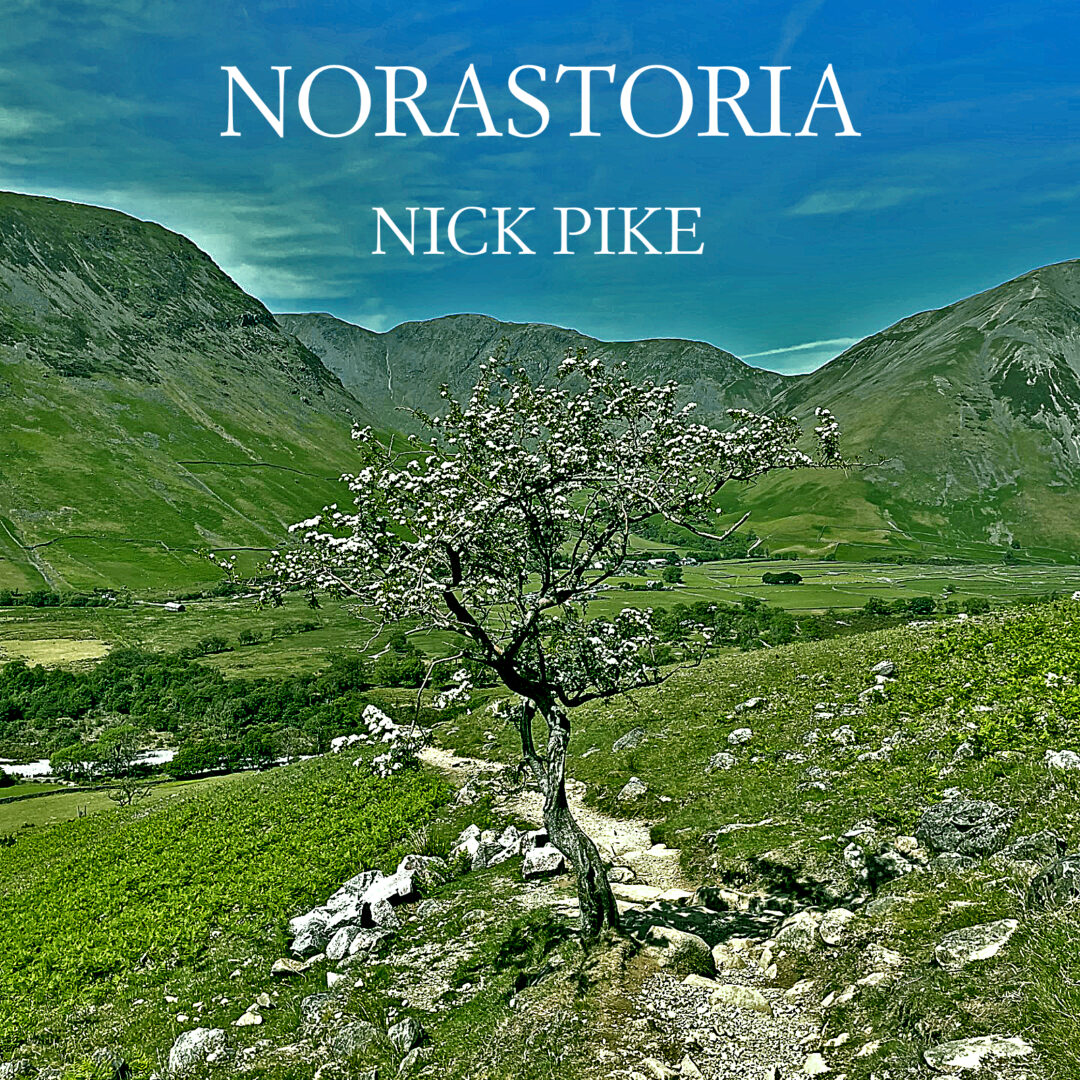Didier Recloux’s single, First Walk, from the album Monsieur Linh and His Child, submerges listeners into a sombre, war-torn universe, showcasing humanity’s struggle against unimaginable atrocities. This profound composition, hailing from a Belgian-born composer with roots deeply embedded in a rich musical lineage, speaks to the resilience and spirit of the human condition.
A veteran of various musical influences—from the progressive rock echoes of Maurice Jarre to the iconic cinematic scores of Ennio Morricone—Recloux’s work reflects a diverse palette of sounds and emotions. Having mastered multiple instruments and the art of orchestration, his compositions carry a unique signature that resonates with the mind, body and soul.
First Walk itself is a poignant reminder of this versatility. The orchestral arrangement, carefully cultivated under the tutelage of experts across continents, delicately weaves a tapestry of humanistic progressions that evoke deep emotional responses. The dual essence of purity and torment reverberates through the very core of the release, engaging the listener in a deeply immersive cinematic experience.
The crescendos, striking in their clarity and impact, build a pensive atmosphere that transcends mere auditory experience; they demand contemplation of what it truly means to endure in an inhumane landscape.
Stream the official music video for First Walk on YouTube.
Review by Amelia Vandergast

